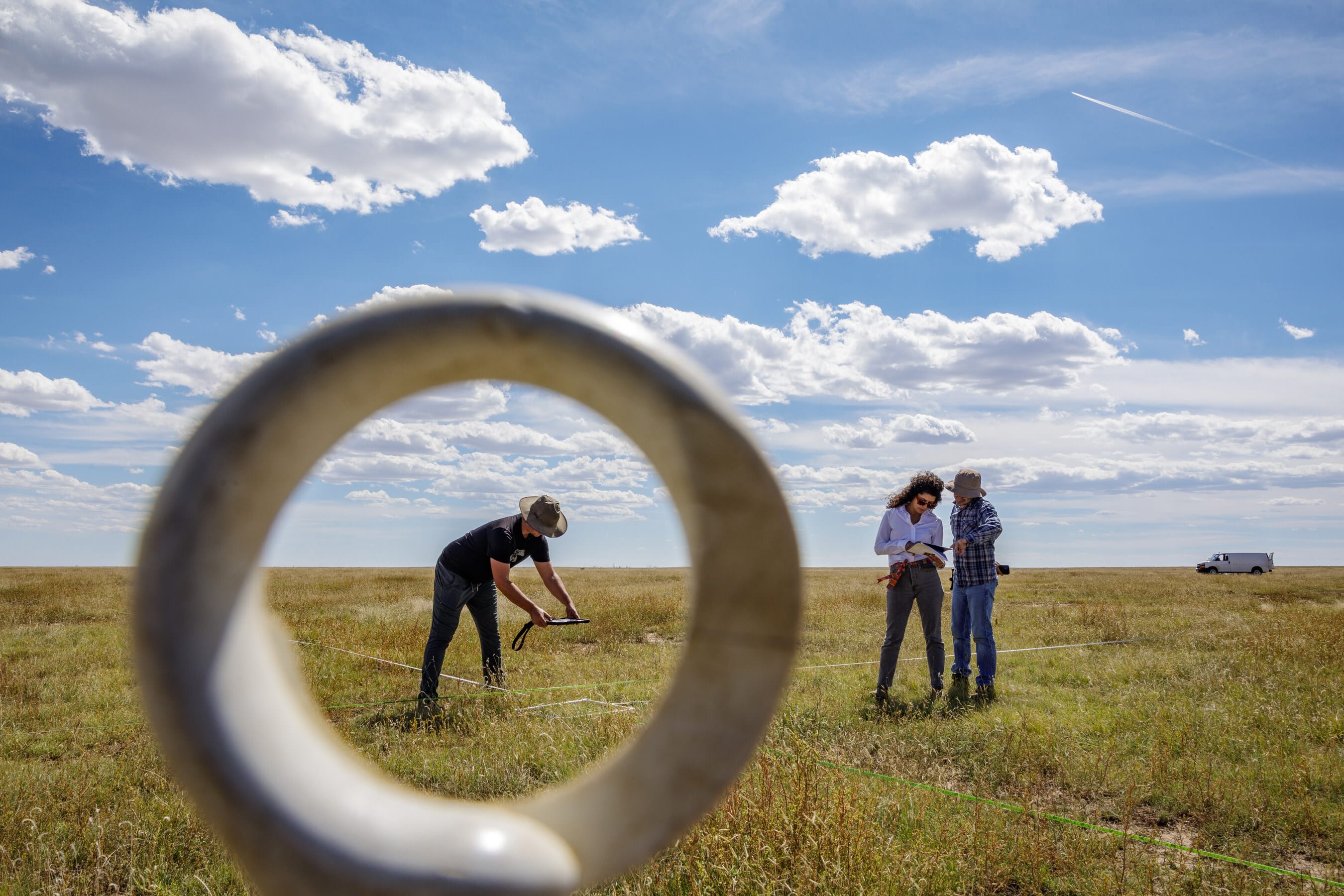Key Takeaways:
- The 3M Project, a five-year, $19 million study, focuses on grazing management’s impact on ecosystems and producer well-being.
- Significant progress includes extensive data collection, soil sampling, and monitoring across five U.S. states.
- Early insights suggest short-term ecosystem impacts from grazing events.
- The project integrates ecological data with producer interviews to explore management and well-being.
The 3M Project, a large-scale research initiative examining grazing management systems, has completed two years of its five-year timeline. Co-led by the Noble Research Institute, Michigan State University, and other institutions, the $19 million project aims to understand how grazing practices affect soil health, ecosystems, and the well-being of farmers and ranchers.
Progress in Data Collection
By the end of 2023, the research team had made significant strides in collecting ecological data across 60 sites in Oklahoma, Texas, Colorado, Wyoming, and Michigan. The team installed 58 flux towers to monitor variables like carbon dioxide, soil moisture, and temperature. Over 2,000 soil cores were collected to a depth of 36 inches to assess soil health.
Dr. Jason Rowntree, co-lead of the project and professor at Michigan State University, highlighted the scale of the work, saying, “We coordinate intensive sampling across more than 60 sites, resulting in hundreds of ecological samples. This is one of the most comprehensive studies of grazing’s impact on ecosystems.”
Producer Well-Being and Interviews
The project also incorporates socioeconomic research, interviewing participating farmers and ranchers to understand their management practices and well-being. “The 3M project is as much about people as it is about land,” said Dr. Isabella C. F. Maciel, co-lead and researcher at Noble Research Institute. “We’re excited to see how producer well-being and management practices are linked to soil health and climate outcomes.”
Early survey results showed a generally high level of well-being among farmers and ranchers in the study, providing valuable insights into the human side of grazing management.
Model Development and Insights
In addition to data collection, researchers are developing models to simulate grazing's ecological effects. The Colorado State University team is working on the Microbial Efficiency — Matrix Stabilization (MEMS) model, which now includes climate variables like elevated carbon dioxide levels. “Early data suggests grazing events may have immediate, detectable impacts on ecosystems,” Rowntree noted, emphasizing the importance of ongoing monitoring.
Looking Ahead
As the project enters its third year, the team will continue data collection, model refinement, and producer engagement. Supported by organizations like the Foundation for Food and Agriculture Research, the 3M Project aims to provide farmers with actionable insights for improving grazing practices.



1 Comment